“One purpose of these awards is to reinforce the standing of science writing and journalism as an essential profession. This year’s entries do just that. Each category had many entries that could have been deserving winners,” says Martin Ince, chair of the judging panel. In the end, 40 finalists were shortlisted out of 312 entries for the 13 categories.
“We hope that even unsuccessful entrants will have enjoyed the awards process, not least the interesting experience of digging out your work for 2023 and deciding which parts make you most proud. We look forward to the crop of stories that ABSW members are producing right now for next year’s awards,” says Martin Ince.
And the finalists are…

Anjana Ahuja - finalist Opinion Piece or Editorial of the Year
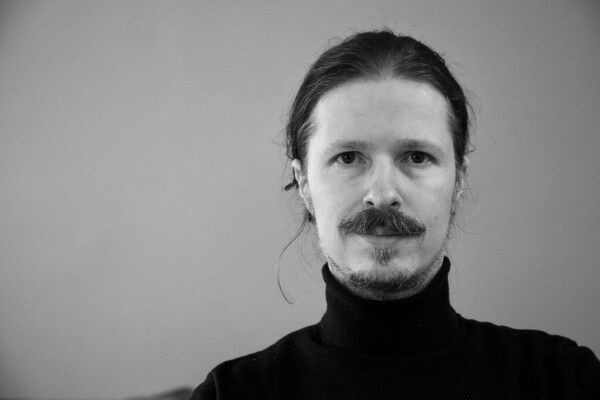
Martin W. Angler - finalist Feature of the Year: General Audience
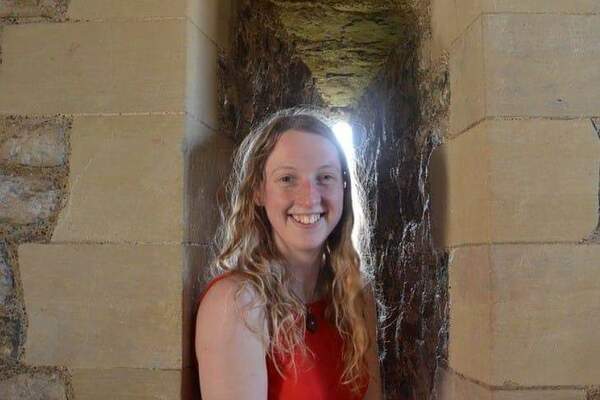
Victoria Atkinson - finalist Newcomer of the Year
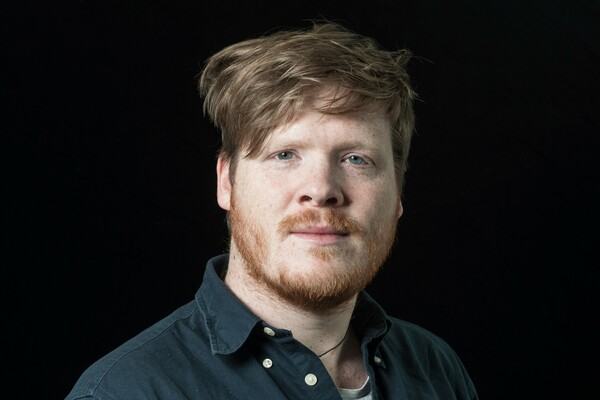
Noah Baker - finalist Video of the Year
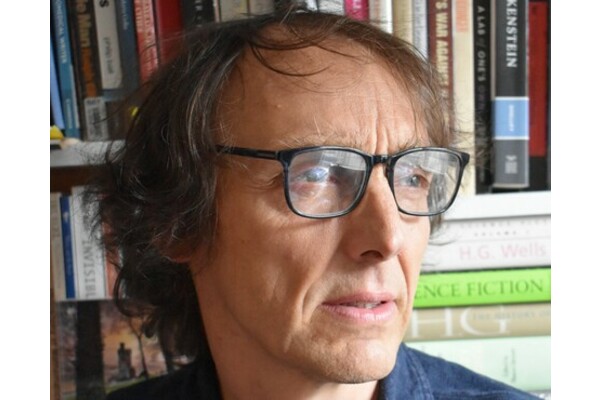
Philip Ball - finalist Feature of the Year: specialist audience & Research Policy or Funding Story of the Year
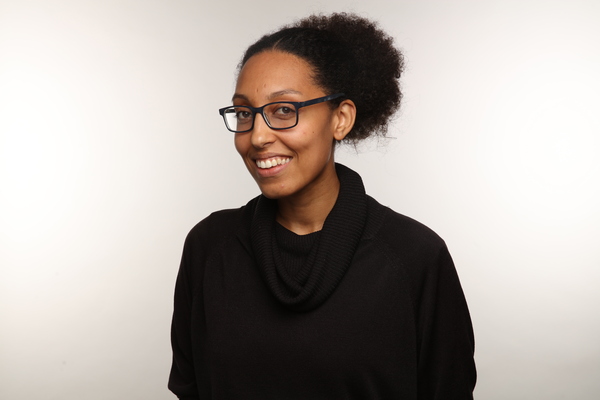
Georgia Banjo - finalist News Analysis or Explanatory Reporting of the Year
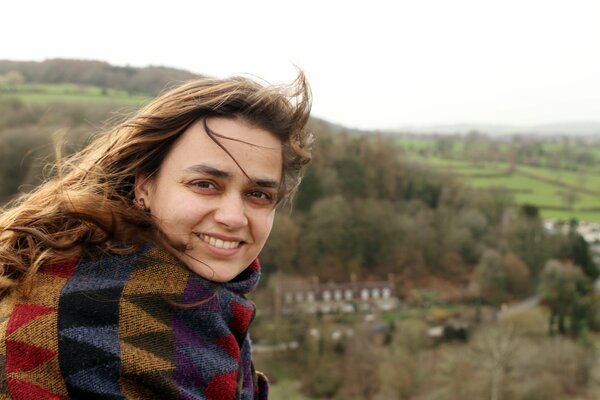
Shamini Bundell - finalist Video of the Year
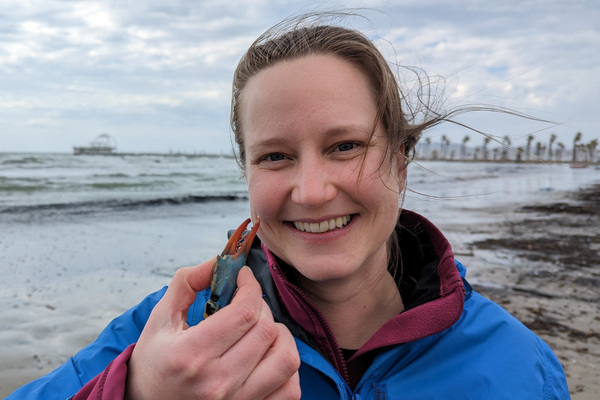
Tiffany Cassidy - finalist The Royal Society Audio Award
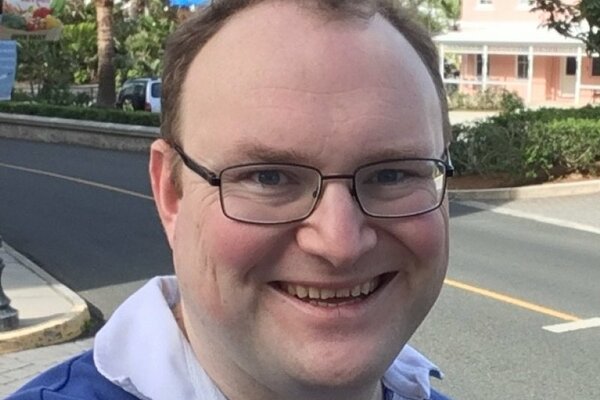
Kit Chapman - finalist Steve Connor Award for Investigative Journalism
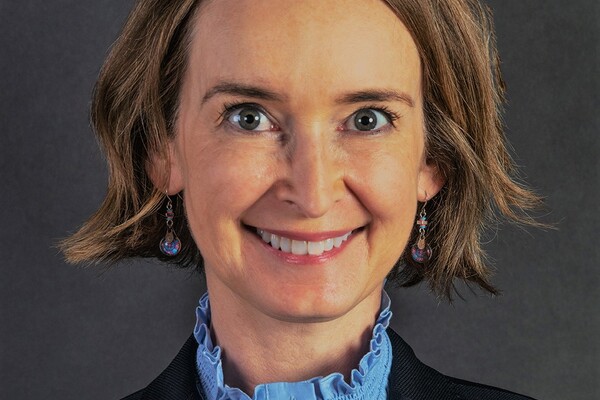
Jocalyn Clark - finalist Research Policy or Funding Story of the Year
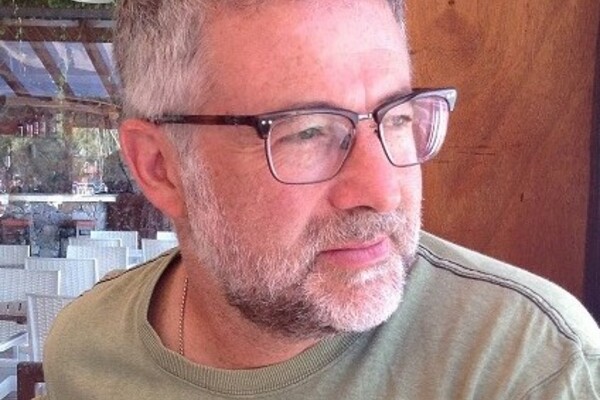
Dan Clery - finalist Feature of the Year: Specialist Audience
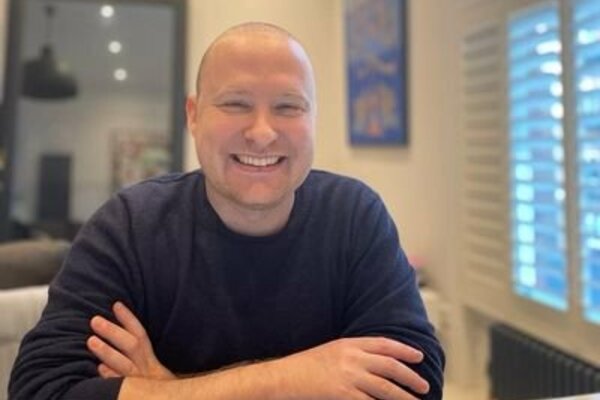
David Cox - finalist News Analysis or Explanatory Reporting of the Year
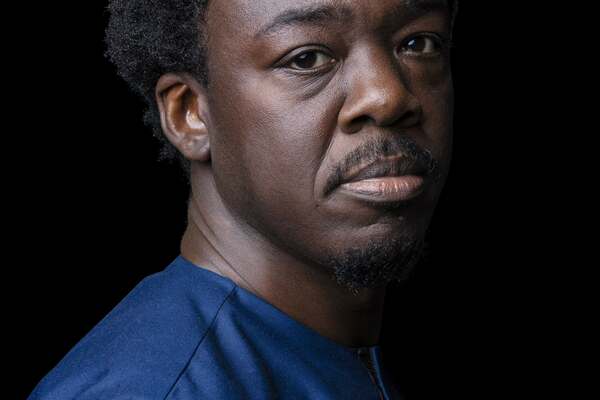
Charles Ebikeme - finalist Research Policy or Funding Story of the Year
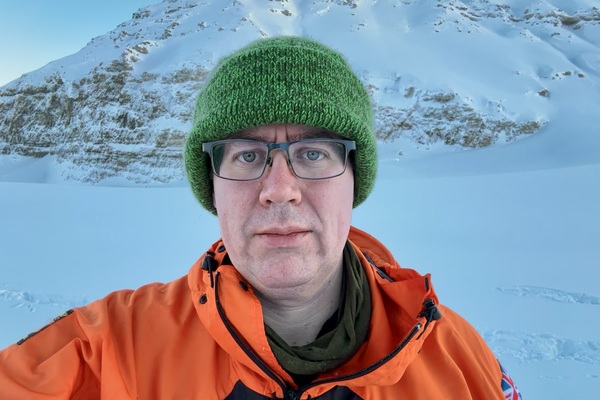
Arwyn Edwards - finalist The Dr Katharine Giles Award for best popular article written by a scientist or engineer
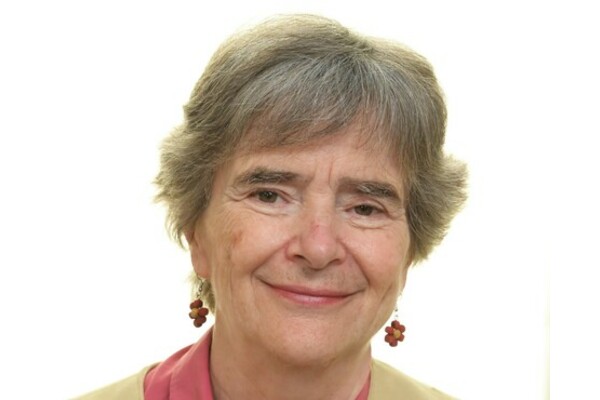
Victoria English - finalist Editor of the Year
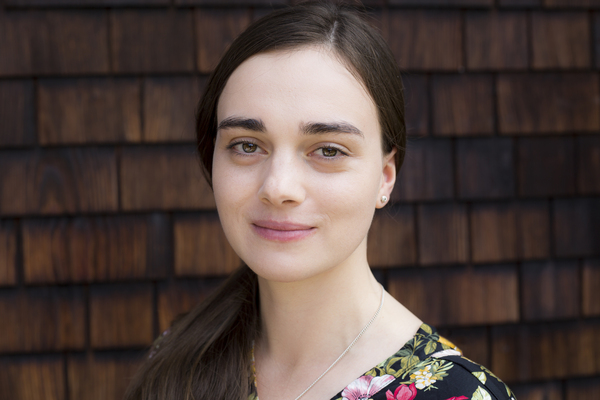
Rosa Furneaux - finalist Steve Connor Award for Investigative Journalism
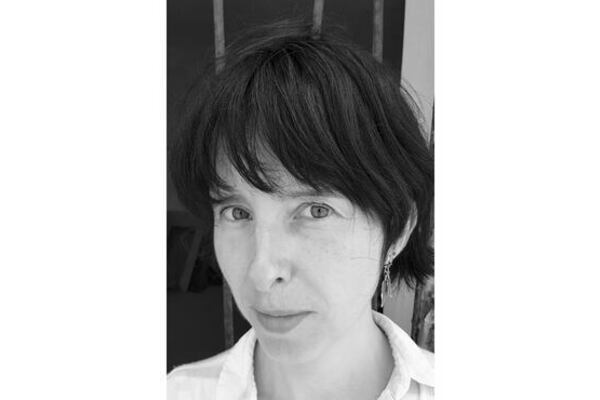
Chrissie Giles - finalist Steve Connor Award for Investigative Science Journalism
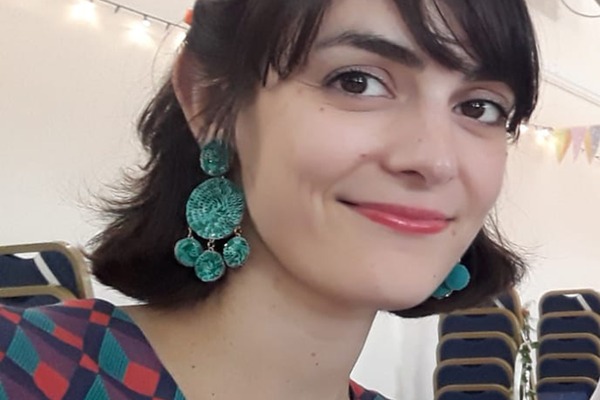
Jessica Hamzelou - finalist News Item of the Year
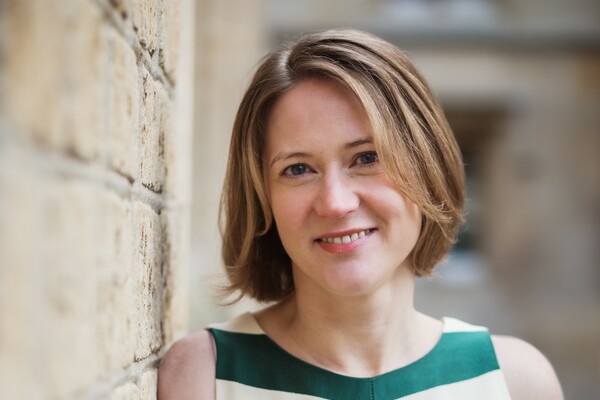
Cordelia Hebblethwaite - Video of the Year

Melissa Heikkilä - finalist News Item of the Year
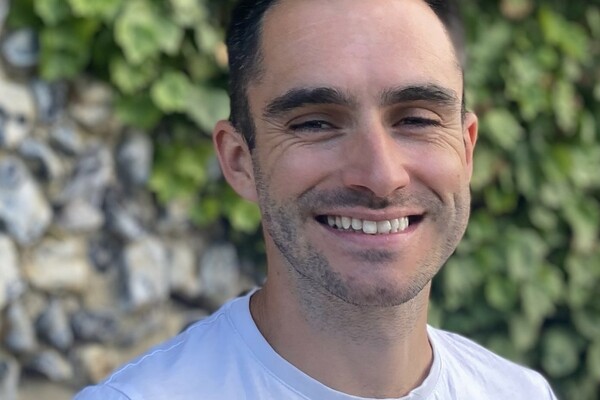
Jason Hosken - finalist The Royal Society Audio Award

Nick Petrić Howe - finalist Video of the Year
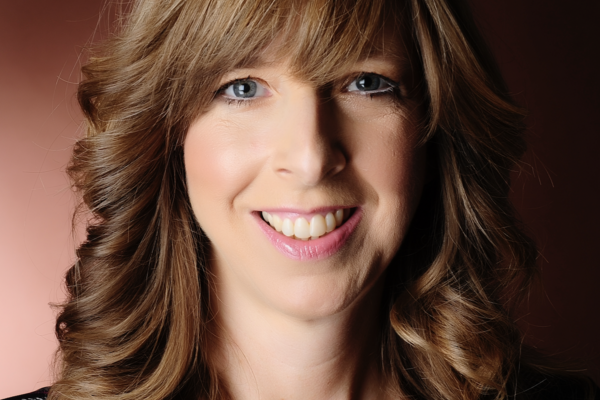
Marguerite Howell - finalist The Royal Society Audio Award
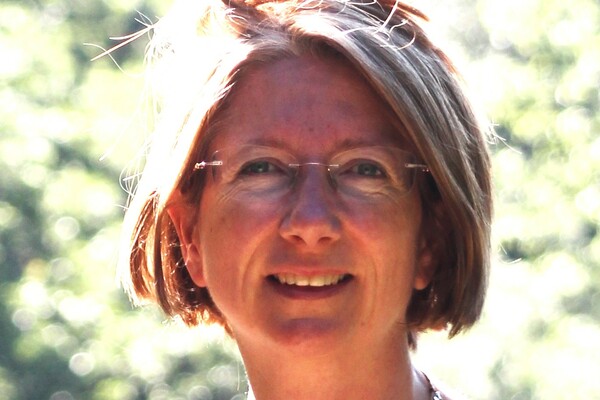
Aisling Irwin - finalist Feature of the Year: Specialist Audience
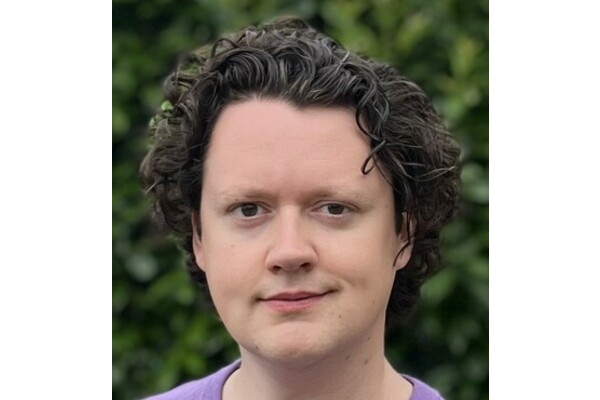
Niall Jeffrey - finalist the Dr Katharine Giles Award for best popular article written by a scientist or engineer
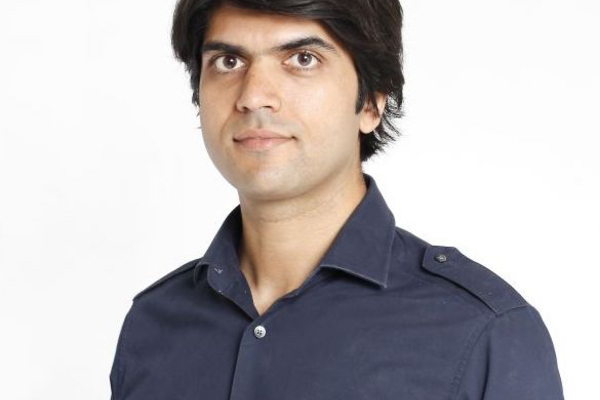
Alok Jha - finalist The Royal Society Audio Award
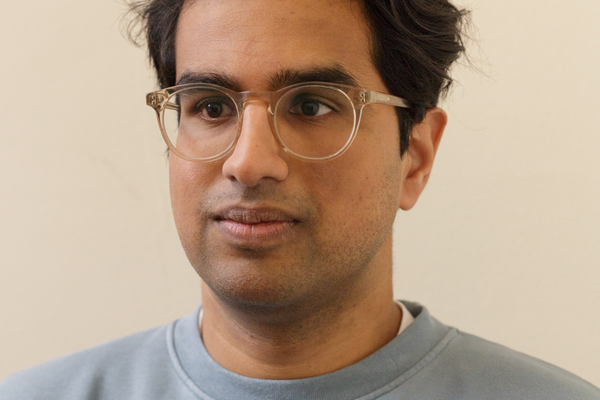
Amit Katwala - finalist Feature of the Year: General

Gabriella Kountourides - finalist Video of the Year
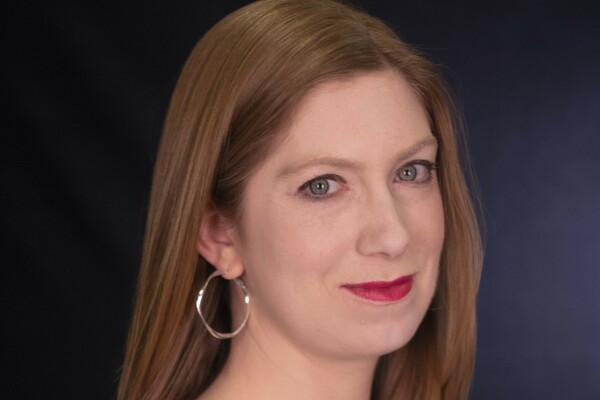
Hannah Kuchler - finalist British Science Journalist of the Year
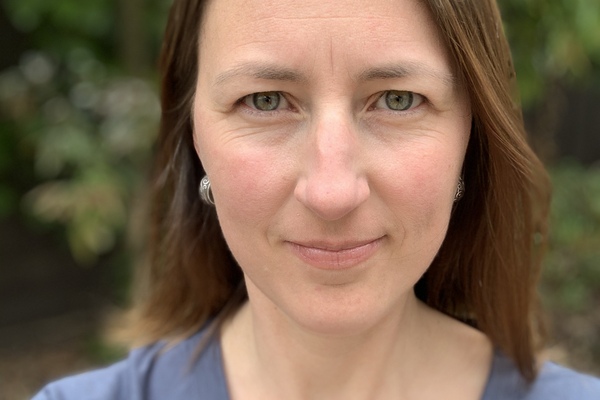
Dyani Lewis - finalist News Item of the Year
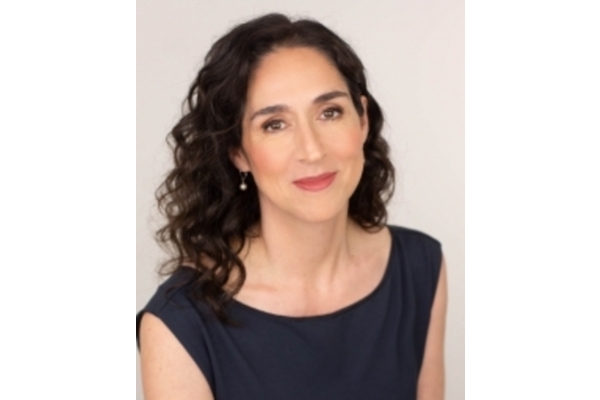
Natasha Loder - finalist News Analysis or Explanatory Reporting of the Year
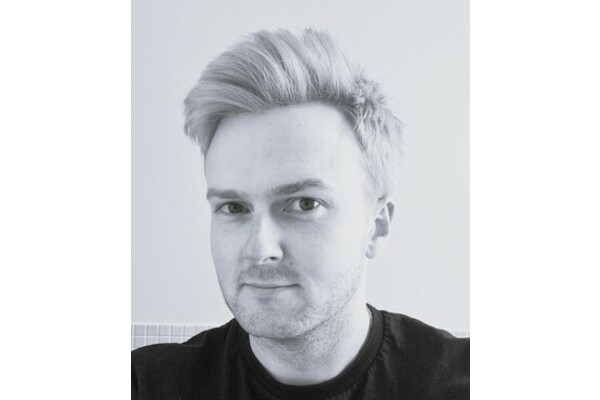
Ruairi Mackenzie - finalist Feature of the Year: Specialist Audience
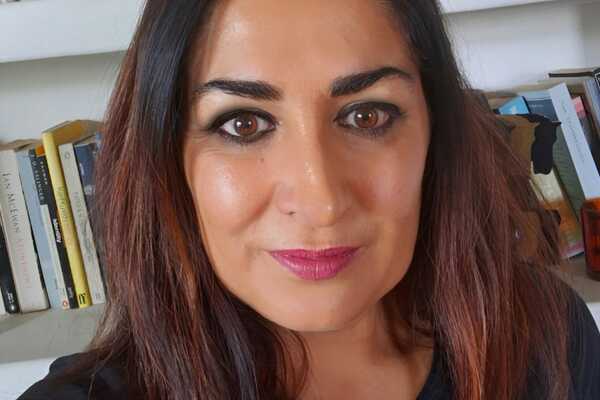
Laura Margottini - finalist Steve Connor Award for Investigative Science Journalism
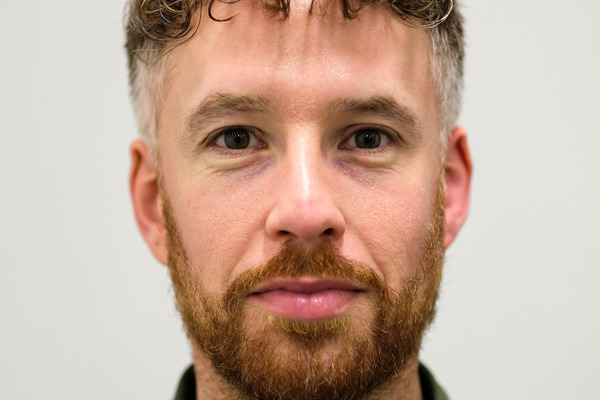
Simon Maybin - finalist The Royal Society Audio Award
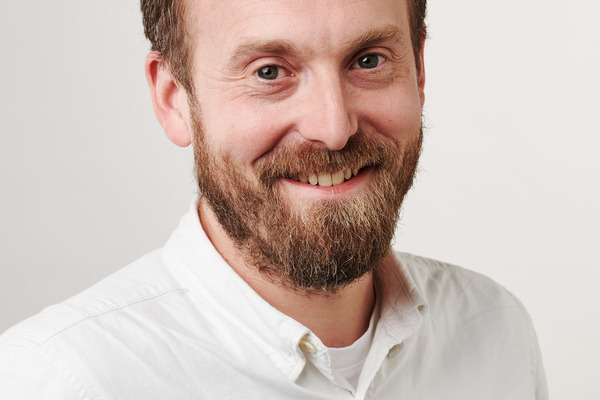
Alexander McNamara - finalist Editor of the Year
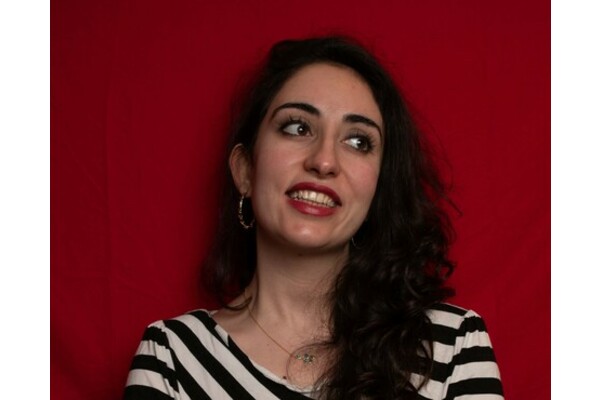
Miryam Naddaf - finalist Newcomer of the Year
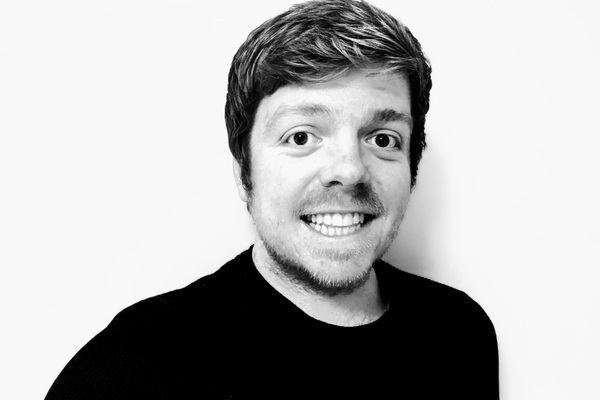
Jonathan O'Callaghan - finalist British Science Journalist of the Year
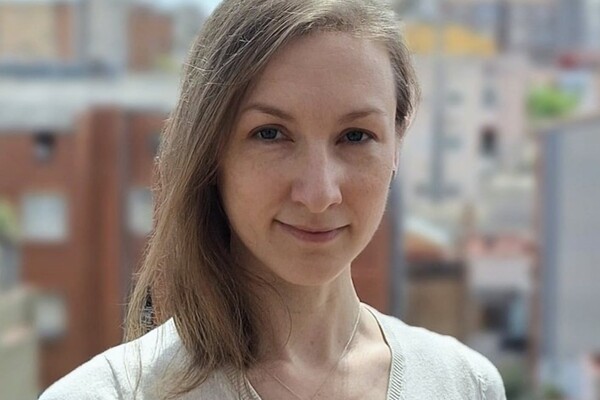
Catherine Offord - finalist Steve Connor Award for Investigative Science Journalism
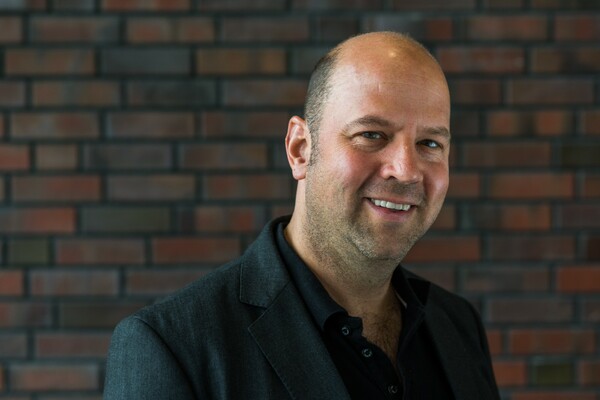
Heinrich Paes - finalist Dr Katherine Giles Award for best popular article written by a scientist or engineer
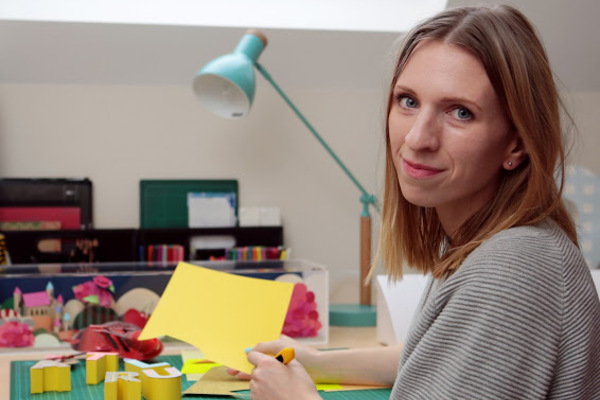
Sam Pierpoint - finalist Video of the Year
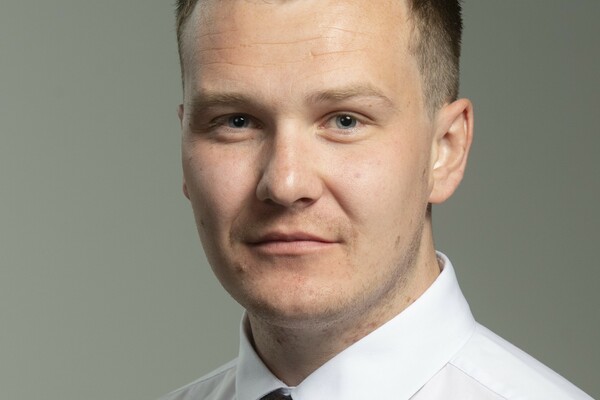
Joe Pinkstone - finalist British Science Journalist of the Year
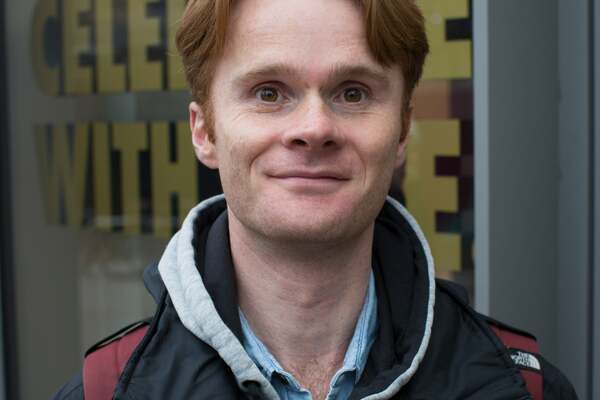
Chris Ryan - finalist Research Policy or Funding Story of the Year
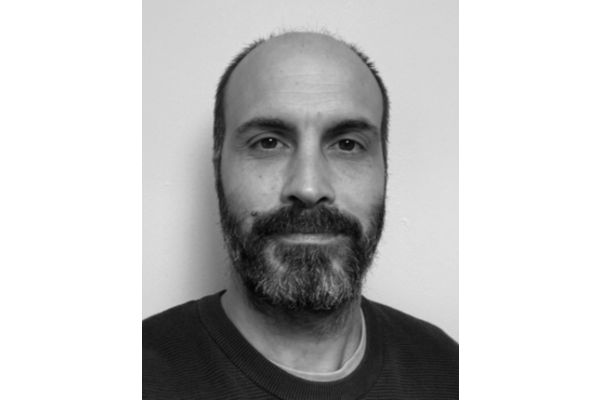
Nico Raufast - finalist The Royal Society Audio Award
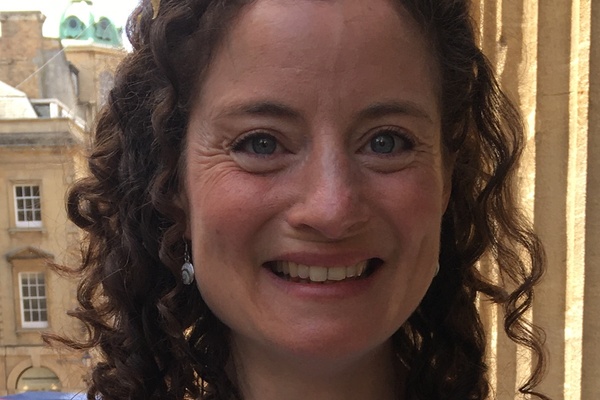
Kerri Smith - finalist Research Policy or Funding Story of the Year
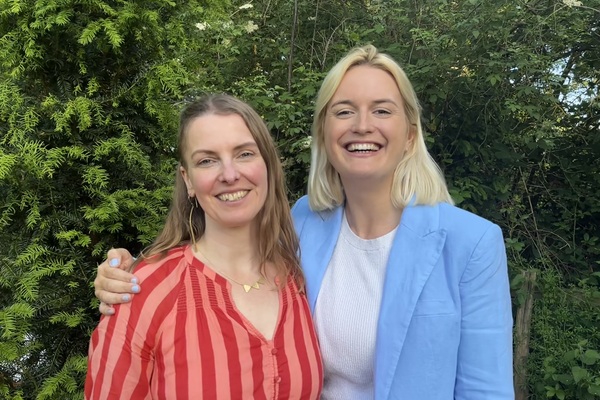
Caroline Steel & Cathy Edwards - finalists The Royal Society Audio Award
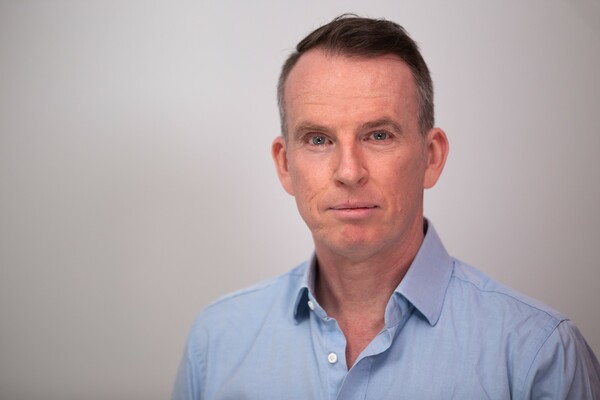
John Sudworth - finalist The Royal Society Audio Award
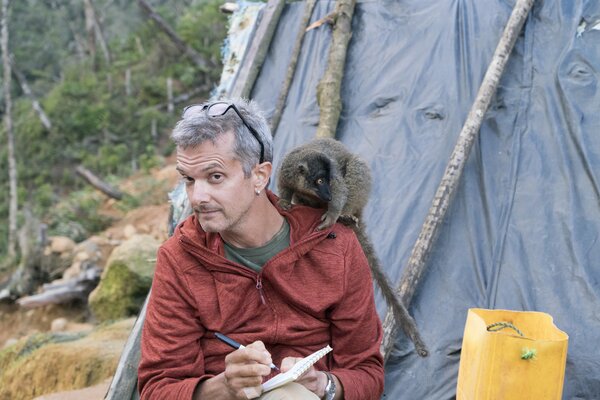
Paul Tullis - finalist News Analysis or Explanatory Reporting of the Year
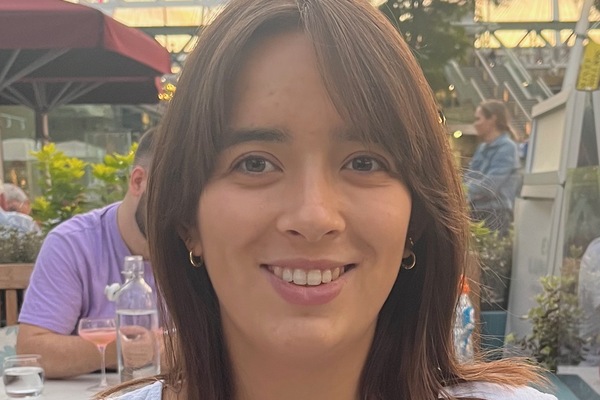
Grace Tyrrell - finalist Newcomer of the Year
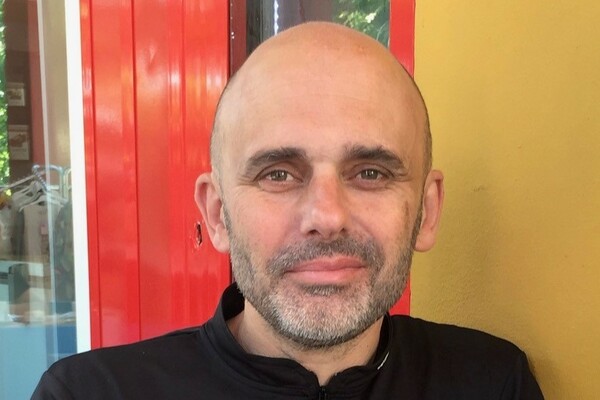
Richard Vadon - finalist The Royal Society Audio Award

Tomas Weber - finalist Feature of the Year: General Audience
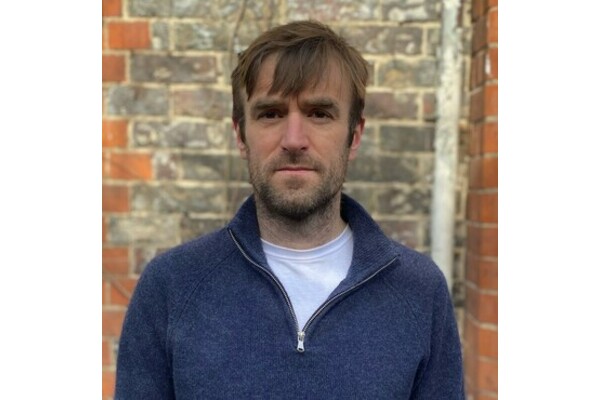
Tom Whipple - finalist British Science Journalist of the Year & Opinion Piece or Editorial of the Year
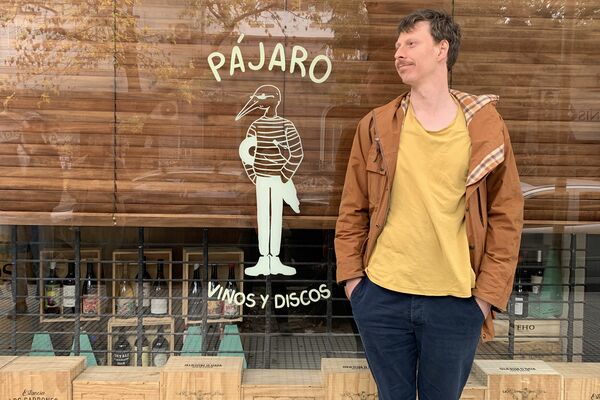
Dougal Macqueen - finalist Video of the Year
British Science Journalist of the Year
The winner of this award is automatically entered as the British entrant to the European Science Journalist of the Year Award
Hannah Kuchler, Global Pharma Editor, Financial Times
Anorexia is the deadliest psychiatric disorder. Could psychedelics help?, FTWeekend magazine (Mar 2, 2023)
Superbugs: why it’s so hard to stop the ‘silent’ pandemic, Financial Times (Aug 28, 2023)
How a Swedish start-up reignited the search for an Alzheimer’s drug, Financial Times (Jul 3, 2023)
Our judges say: “Hannah tackled many of humanity’s deadliest enemies during 2023, including Alzheimer’s disease, anorexia nervosa, and bugs we haven’t met yet, giving us a clearer idea of what we should do next to cope with these growing threats.”
Jonathan O'Callaghan, Freelance
A Cow, a Camel and a Finch Exploded in Space. What Is Going On?, The New York Times (Jul 19, 2023)
A fiery end? How the ISS will end its life in orbit, BBC Future (May 3, 2023)
We are finally closing in on the cosmic origins of the “OMG particle” New Scientist (May 30, 2023)
Our judges say: “Their approach ‘shook things up’ and showcased that there are many ways to impactfully and engagingly share science stories across a range of media outlets. Unafraid to tackle every space topic across astronomy, astrophysics and space exploration.
Joe Pinkstone, Science Correspondent, The Telegraph
Guide Dogs HQ rocked by incurable disease, Sunday Telegraph (Sep 17, 2023)
Revealed: where the real English accents 'r', Sunday Telegraph (Dec 17, 2023)
Is it a dog? Is it a fox? No, it’s nature’s first hybrid ‘Dogxim’, Daily Telegraph (Sep 14, 2023)
Our judges say: “Covered everything from cross-breeding pets and wildlife to the surprising story of where to find the original sound of the English language.”
Tom Whipple, Science Editor, The Times
The Lessons of Lockdown, The Times (Mar 20, 2023)
Google Changed the World, The Times (Aug 19, 2023)
Meet the technoutopians using AI to transform future medicine, The Times (Jul 15, 2023)
Our judges say: “While many of this year’s entries were concerned with medicine and future treatments, one entrant took on this task while also trying to answer the impossible question of just what follows Google. The end of the world, surely?”
With thanks to The Association of the British Pharmaceutical Industry that supports this award.
Dr Katharine Giles Award for best popular article written by a scientist or engineer
Arwyn Edwards, Reader in Biosciences, Aberystwyth University
The melting Arctic is a crime scene. The microbes I study have long warned us of this catastrophe – but they are also driving it, The Conversation (Jun 23, 2023)
Our judges say: “Humorous, and at times nerve-wracking (including the author's near-death experience in a crevasse), keeping the reader engaged and interested right to the very end.”
Niall Jeffrey, Senior Research Fellow, University College London
Blast off for simulator in London recreating the birth of stars, The Times (Oct 29, 2023)
Our judges say: “Engaging and quirky tale of some really amazing kit that looks like it's cobbled together with tin foil and gaffer tape.”
Heinrich Paes, Professor of Theoretical Physics, TU Dortmund University, Dortmund, Germany
Rethinking reality: Is the entire universe a single quantum object?, New Scientist (Jul 5, 2023)
Our judges say: “Great analogies that help explain what really quite complicated concepts in particle physics are, bringing to life the author's own research into the nature of the universe.”
With thanks to the Dr Katharine Giles Fund that supports this award.
Editor of the Year
Victoria English, Editor, MedNous (a publication of Evernow Publishing Ltd)
Setting the pace in radiopharmaceutical development, MedNous (May 24, 2023)
Grey Wolf to test strategy for creating novel antigens, MedNous (Feb 15, 2023)
Scaffolding as a strategy for developing protein drugs, MedNous (Oct 16, 2023)
MedNous, Vol 17, No 10. (Nov 28, 2023)
Our judges say: “An Editor who has proven to be different, innovative and unique in their approach.”
Alexander McNamara, Editor-in-Chief, Live Science
Prehistoric' mummified bear discovered in Siberian permafrost isn't what we thought, Live Science (Mar 23, 2023)
‘Time's finally up': Impending Iceland eruption is part of centuries-long volcanic pulse, Live Science (Nov 14, 2023)
After 2 years in space, the James Webb telescope has broken cosmology. Can it be fixed?, Live Science (Dec 22, 2023)
Orcas have sunk 3 boats in Europe and appear to be teaching others to do the same. But why?, Live Science (May 18, 2023)
If you don't have inflammation, then you'll die': How scientists are reprogramming the body's natural superpower, Live Science (Dec 10, 2023)
Our judges say: “An exceptional year for this Editor who turned their outlet around.”
Feature of the Year: general audience
Martin W. Angler, When Grief Doesn't End, Aeon (Aug 18, 2023)
Our judges say: “Interwove personal stories with the science brilliantly to draw you right into the topic.”
Gavin Jackson, The Price of a Whale, The Economist (Dec 20, 2023)
Our judges say: “An innovative approach, interspersed with a myriad of fascinating facts.”
Amit Katwala, The World Is Going Blind. Taiwan Offers A Warning, And A Cure, WIRED (Aug 22, 2023)
Our judges say: “A fascinating, well-written piece about finding the cause of a mass myopia.”
Tomas Weber, The inventor who fell in love with his AI, 1843 magazine, The Economist (Apr 4, 2023)
Our judges say: “Great narrative, quirky and appealing to a broad audience.”
Feature of the Year: specialist audience
Philip Ball, ‘Embryo Models’ Challenge Legal, Ethical and Biological Concepts, Quanta (Jun 13, 2023)
Our judges say: “A masterful multi-dimensional investigation of this new and controversial avenue of developmental research.”
Daniel Clery, Into the Dark, Science magazine (Jun 23, 2023)
Our judges say: “A well-told roundup that explores plans for answering perhaps the biggest question in cosmology – what exactly is dark energy?”
Aisling Irwin, Can the Netherlands' artificial islands lead the way to rewilding the planet?, Nature (Apr 26, 2023)
Our judges say: “A highly evocative article exploring an innovative plan to breathe new life into a dying lake.”
Ruairi Mackenzie, "A Second Chance at Life”: Can Gene Therapies Beat Rare Disease?, Technology Networks (Apr 1, 2023)
Our judges say: “A very human story, that charts the agonies of a couple trying to save their children from a fatal disease and exposes failings in the UK’s measures for preventing, detecting and treating such disorders.”
Newcomer of the Year
Victoria Atkinson, Freelance
An alternative approach to baking, Chemistry World (Dec 18, 2023)
Future House wants to build an AI biologist. They're looking to a chemistry LLM for inspiration, Chemistry World (Nov 22, 2023)
The chemists creating knowledge-sharing websites, Chemistry World (Dec 11, 2023)
Our judges say: “Clear and succinct, making chemistry, engaging for lay and specialised readers alike. She covers stories with verve, whilst not forgetting the key chemistry ingredient.”
Miryam Naddaf, Retained Correspondent, Nature
One MRI for 4.7 million people: the battle to treat Syria’s earthquake survivors, Nature (Feb 27, 2023)
‘Armed groups entered the lab’: Sudan’s researchers flee violent military conflict, Nature (Apr 28, 2023)
Europe spent €600 million to recreate the human brain in a computer. How did it go?, Nature (Aug 22, 2023)
Our judges say: “She shows an ability to write gripping stories regardless of length, with a clear commitment to elevating underrepresented voices in her work.”
Grace Tyrrell, Press Office Assistant, UK Biobank/Freelance
Barbie's surprising role in Moon exploration, BBC Future (Jul 22, 2023)
Can Comedy Help Us Tackle Conversations About Climate Change?, Spotify, Soundcloud, Apple Podcasts (Aug 15, 2023)
Is interest in the gut microbiome just a trend?, Spotify (Nov 13, 2023)
Our judges say: “As reporters everywhere clamoured to find an angle on the zeitgeist film, Barbie, Grace looked skywards and found moondust to be hers, an unusual science-specific angle that paid dividends.”
News Analysis or Explanatory Reporting of the Year
David Cox, Sweeteners: The bitter truth about low-calorie sugar substitutes, New Scientist (Nov 7, 2023)
Our judges say: “Conveys a lot of important information about an important issue that is timely to analyse.”
Natasha Loder & Georgia Banjo, Evidence is growing that playing contact sports can lead to long-term brain injuries, The Economist (Mar 15, 2023)
Our judges say: “Clear, sober reporting of a shocking reality long ignored.”
Paul Tullis, Nitrogen wars: the Dutch farmers’ revolt that turned a nation upside-down, The Guardian (Nov 16, 2023)
Our judges say: “A piece that elegantly weaves many explanatory strands together, social, political and scientific, in a way that is hard to bring off convincingly.”
News Item of the Year
Jessica Hamzelou, Three-parent baby technique could create babies at risk of severe disease, MIT Technology Review (Mar 2, 2023)
Our judges say: “This is a brilliantly reported story that broke the news of a potential flaw to the high profile three-parent baby technique. The story is really well researched and clearly explains the complicated science underpinning the technique and the potential health implications for affected individuals.”
Melissa Heikkilä, This new data poisoning tool lets artists fight back against generative AI, MIT Technology Review (Oct 23, 2023)
Our judges say: “This story looks at a potential solution to a topical and widely reported issue – that of artists' work being used without their permission to train AI models. While this issue has received plenty of media coverage, little has been written about what we can do to tackle it. Heikkilä breaks down a highly technical topic and presents it in a clear and engaging style, speaking not only to software developers but also to artists personally affected by the rapid growth of AI.”
Dyani Lewis, India cuts periodic table and evolution from school textbooks — experts are baffled, Nature (May 31, 2023)
Our judges say: “An impactful story that got picked up internationally, reporting on alarming changes to Indian science education that would impact over 100 million people. Soon afterwards the state of Kerala reinstated some of the material into school textbooks, demonstrating the power of high-quality science journalism.”
Opinion Piece or Editorial of the Year
Anjana Ahuja, The Hitler beetle and the politics of scientific names, Financial Times (Jun 6, 2023)
Our judges say: “Topical, informed, and concise; giving the reader pause for thought. Anjana unpacks a tough issue with depth yet without jargon. All in all she threads a tricky needle in a deft way without soap-boxing.”
Tom Whipple, The Lessons of Lockdown, The Times (Mar 20, 2023)
Our judges say: “The chain of argument runs deftly up & down the ladder of specificity from the detailed to the lofty covering a lot of ground by wearing his learning lightly. He draws the reader into something new, pithy and memorable about a subject where achieving that is almost impossible.”
Research Policy or Funding Story of the Year
Philip Ball, How to regulate human-embryo science, Nature (May 11, 2023)
Our judges say: “Excellent overview of the challenge of keeping up with legislation in a fast-paced field.”
Jocalyn Clark, How pandemic publishing struck a blow to the visibility of women’s expertise, The BMJ (Apr 6, 2023)
Our judges say: “Timely and important piece that highlights how the COVID-19 pandemic slowed down (and even reversed) progress for female researchers.”
Charles Ebikeme, European Union appeals for interdisciplinary collaboration in new funding model, Nature (May 12, 2023)
Our judges say: “Succinctly highlights the complexities of funding large interdisciplinary research projects.”
Kerri Smith & Chris Ryan, Women’s health research lacks funding – these charts show how, nature.com (May 3, 2023)
Our judges say: “Shows the impact of a good infographic by summarising the state of the field in women’s health funding. The impact is immediately visible.”
The Royal Society Audio Award
Tiffany Cassidy, Prehistoric Planet: The Official Podcast, episode: Digging Up The Evidence, Apple (May 28, 2023)
Our judges say: “Masses of good new science, clearly and entertainingly presented.”
Jason Hosken, Alok Jha, Nico Raufast & Marguerite Howell, Babbage: An interview with a humanoid robot, The Economist (Feb 8, 2023)
Our judges say: “Good use of effects and the human side of their trip to Cornwall. Great to have plenty of the interview with Ameca and that 'her' mistakes were retained.”
Caroline Steel, Cathy Edwards & Martin Smith, Searching for cosmic dust, BBC (Apr 30, 2023)
Our judges say: “Lovely quirky story about trying to find particles up on the roof of a broadcasting house; entertaining and well made.”
Simon Maybin, John Sudworth & Richard Vadon, Fever: the Hunt for Covid's Origin, BBC Radio 4 (May 30, 2023)
Our judges say: “Thrilling. Excellent investigative journalism. Kept up the pace (in this and the rest of the series).”
With thanks to the Royal Society that supports this award.
Steve Connor Award for Investigative Science Journalism
Kit Chapman, A Potential Triumph in Physics, Dogged by Accusation and Doubt, Undark (Mar 27, 2023)
Our judges say: “One of the biggest science news stories of 2023, and Kit’s piece – more than any other the judges have read – clearly unpacks the deep complexity. The writing shines, and the reporting is top-notch.”
Rosa Furneaux, Laura Margottini, Paul Eccles & Chrissie Giles, The drug was meant to save children’s lives. Instead, they’re dying, The Bureau of Investigative Journalism (Jan 25, 2023)
Our judges say: “Addressing a critical but neglected issue. The reporting was dogged and the writing sparkled. Like all great investigations, the piece has been a catalyst for change.”
Catherine Offord, Criticism builds against PhD careers firm Cheeky Scientist, Science (Sep 13, 2023)
Our judges say: “Service science journalism at its best. Terrifically reported, well written and fair to all. Now any young scientist who Googles “Cheeky Scientist” will come across Catherine’s impactful investigation.”
Video of the Year
Shamini Bundell, Nick Petrić Howe & Noah Baker, How would a starfish wear trousers? Science has an answer, YouTube, Nature.com, Social Media (Nov 1, 2023)
Our judges say: “A highly creative and imaginative video that used the medium to make esoteric research fascinating and eye-catching.”
Cordelia Hebblethwaite, Anna Humphries, Sam Pierpoint & Dougal Macqueen, What snowflakes tell us about our Universe, BBC Ideas (Dec 23, 2023)
Our judges say: “This attractive animation reveals new facts about snowflakes with great narration from Brian Cox.”
Gabriella Kountourides, Cordelia Hebblethwaite & Aileen Marshall-Brown, Five things you probably didn’t know about periods, an Angel Sharp Media production for BBC Ideas (Jul 27, 2023)
Our judges say: “A fast-moving successful mix of animation and pieces to camera by the researcher. Packed with myth-busting facts.”





